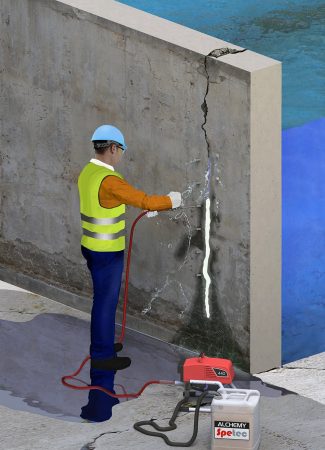Residential Solutions
Rectify Group
Rectify Group has 50 years of combined industry experience, with more than 5000 projects completed within the chemical underpinning industry. This ensures we achieve the best results possible.
We have seen an increase in issues with residential slabs, most commonly waffle slabs. Settlement is being caused by a combination of factors, including poor workmanship, under-engineered designs, shrinking clay, drainage issues, trees within vicinity of footings and inadequate deepening of slab beams into solid founding materials. We understand that home ownership is a major financial commitment. Therefore, when issues arise, we will endeavor to provide solutions that are effective and most importantly, affordable.
We use only the best innovations in underpinning technology to bring you the services you deserve
Over time, your concrete will start to sink. The ground beneath our feet is fickle, which means that your house foundation or foundations elsewhere on your property will not always stand the test of time.
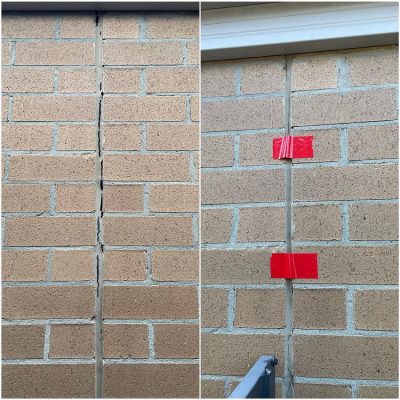
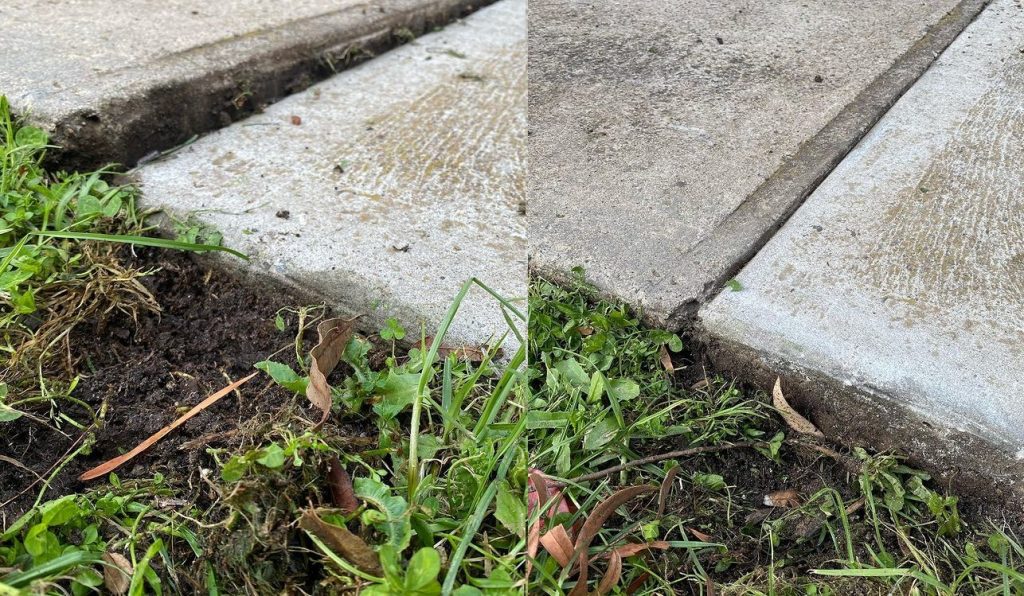
Have you noticed a raising concrete slab on your property? Or perhaps a slab sinking? Regardless of what damage might be done, you may start to notice that you are in need of concrete slab leveling sooner rather than later.
This could mean that the concrete slab structures on your property were built on poorly compacted fill, or perhaps the soil is suffering from erosion. There could be some shifts underground, or a number of other reasons for soil instability. The problem still stands: how to fix your concrete slabs.
Your house foundations are the most important part of your home but over time they can start to deteriorate, putting you and your family at risk.
Soil is unstable and if it wasn’t packed correctly at the time of building, it can start to loosen or shift over the years. Alternatively, a drought may cause clay soil to shrink or water can start to seep into the ground beneath your home — either from leaking pipes or rain or a number of other causes and loosen soil.
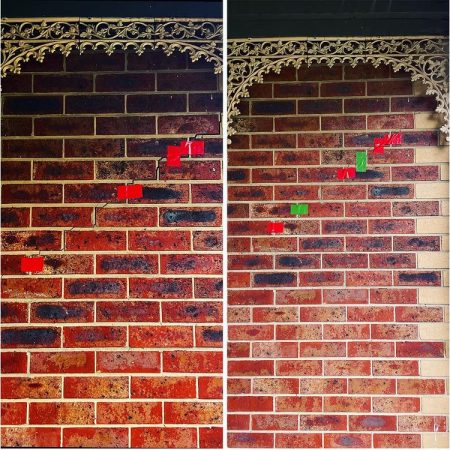
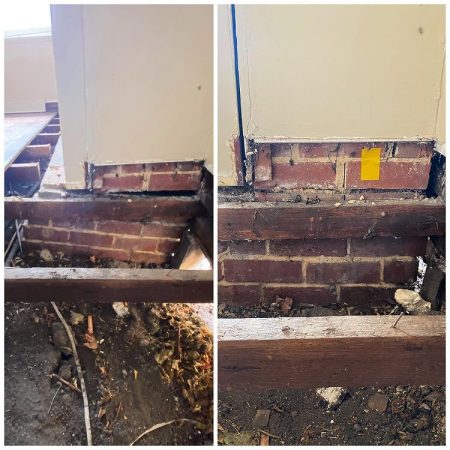
It is important to be aware of any signs of foundation damage, as this is a risk for everyone inside the building. Whether it is your house foundations, or the foundations on your commercial or industrial property, you need to address the problem before it becomes a hazard and causes further damage.
Unstable, loose soil and erosion can be detrimental to a number of structures including buildings, bridges, roads and underground civil infrastructure. It can lead to settlement and damage to the structure due to large voids beneath it, loss of bearing in soil and overall instability of soil. Using patented ultra-low viscosity polyurethane resins, voids can be filled, soil consolidated, erosion halted and soil bearing improved.

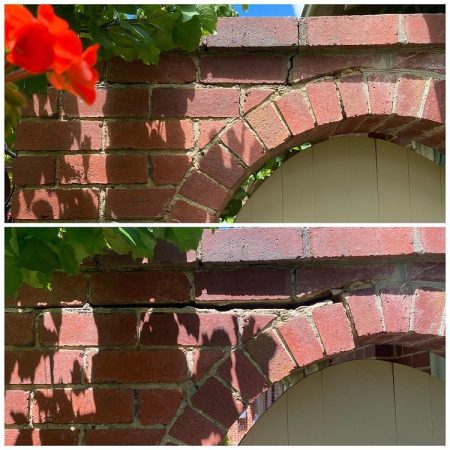
Cracked brickwork is generally a sign of a larger structural issue. This can be caused by foundational movement, due to an arch lintel or brick lintel being excessively loaded, poor workmanship or can occur in older buildings. Cracked brickwork can pose a danger, and eventual failure; causing wall collapse or other structural damage.
Leaks are a common area of concern for all commercial properties, causing the structural integrity of concrete elements to decline steadily over time. Leaks through cracks not only affect the serviceability of the structure, it can lead to long-term structural issues due to concrete cancer (reinforcement rusting) and concrete spalling.
